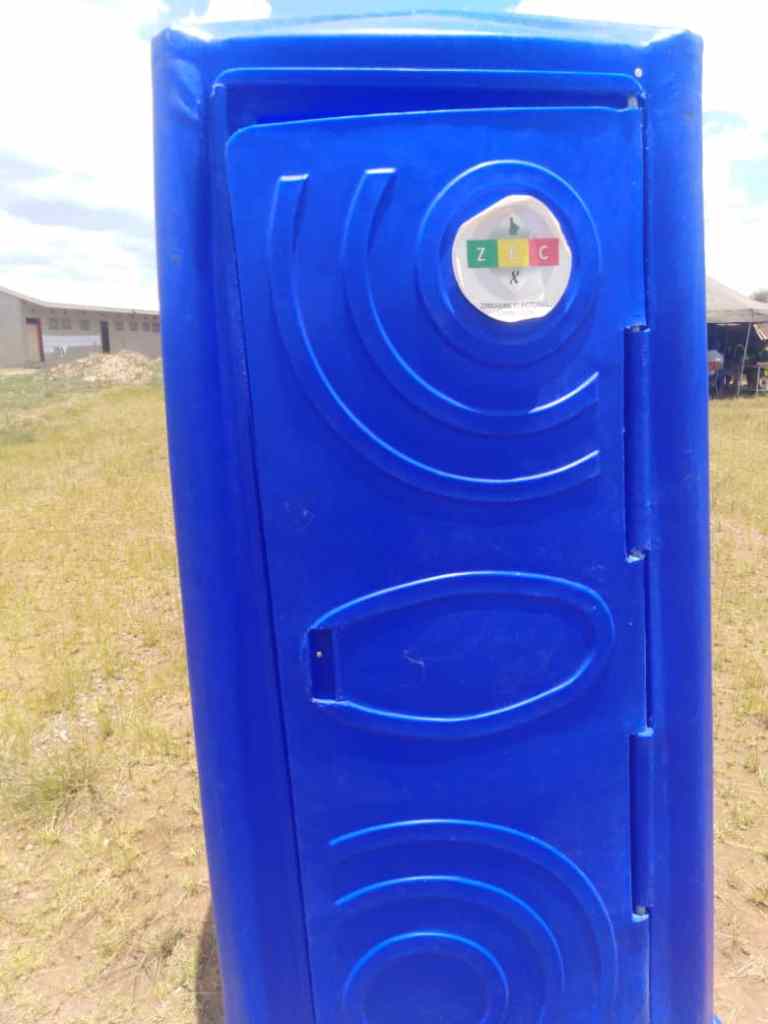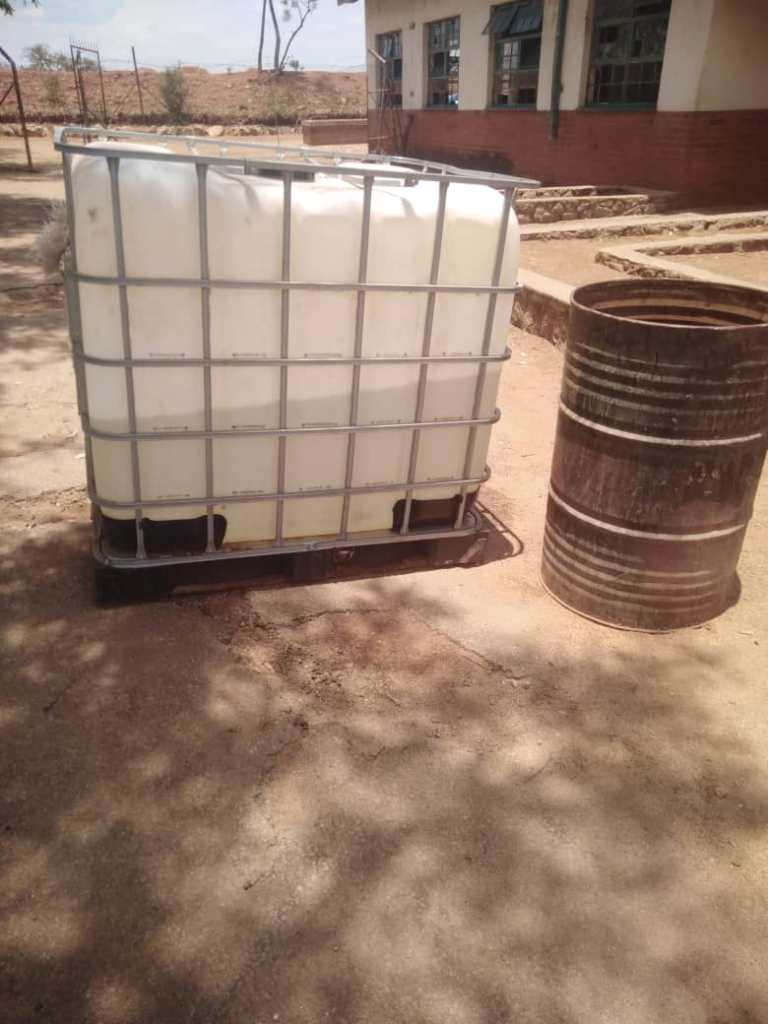
As Matabeleland Institute for Human Rights (MIHR) we monitored the 09 December 2023 By-elections in Bulawayo province and our focus was on access to water and sanitation services at polling stations. Our report brings out the following:
Key Findings
(a) MIHR Observed 120 polling stations and 51% did not have water, the officials were relying on alternative water supplied by BCC trucks in bins and water containers, however the water was not potable and it was mainly used for toilet purposes.
(b) There were 39 polling stations (32.5% of the observed polling stations) which were using mobile toilets and these were tent polling stations.
(c) Of the 39 polling stations using mobile toilets, 100% of them had 1 mobile toilet being used by both males and females, with each polling station having an average of 13 – 18 polling officials. The same toilets was also to be used by the voters.
(d) Of the 39 stations that were using Mobile Toilets, 11 of them (28%) had two polling stations sharing one toilet and this increased the number of users per toilet.

Key Recommendations
We therefore recommend that:
- ZEC to ensure that potable water is made available in all polling stations
- ZEC to ensure that each mobile/tent polling station has a minimum of two mobile toilets which are sex differentiated and clearly marked
- ZEC to orient all officials on how the mobile toilets function
The full report can be accessed here:
Leave a comment